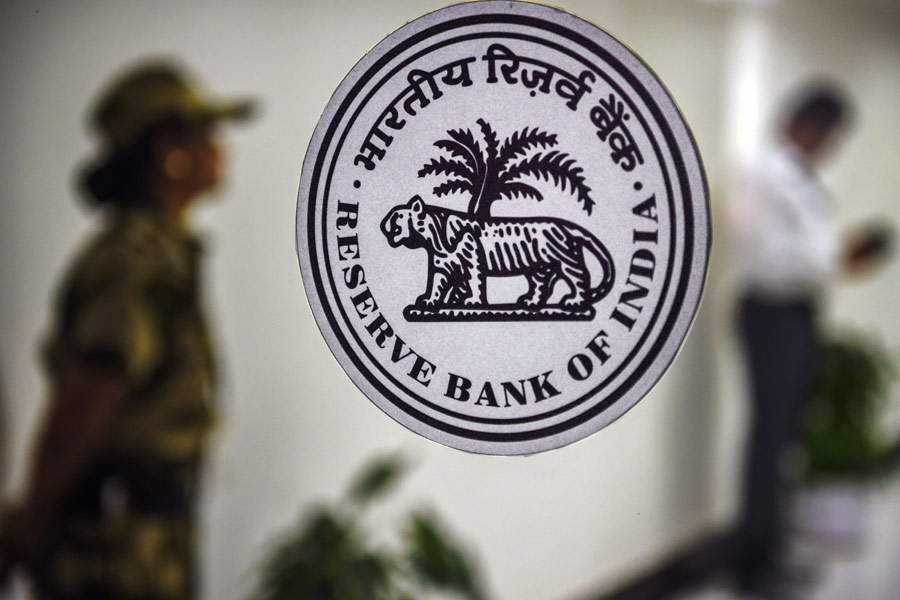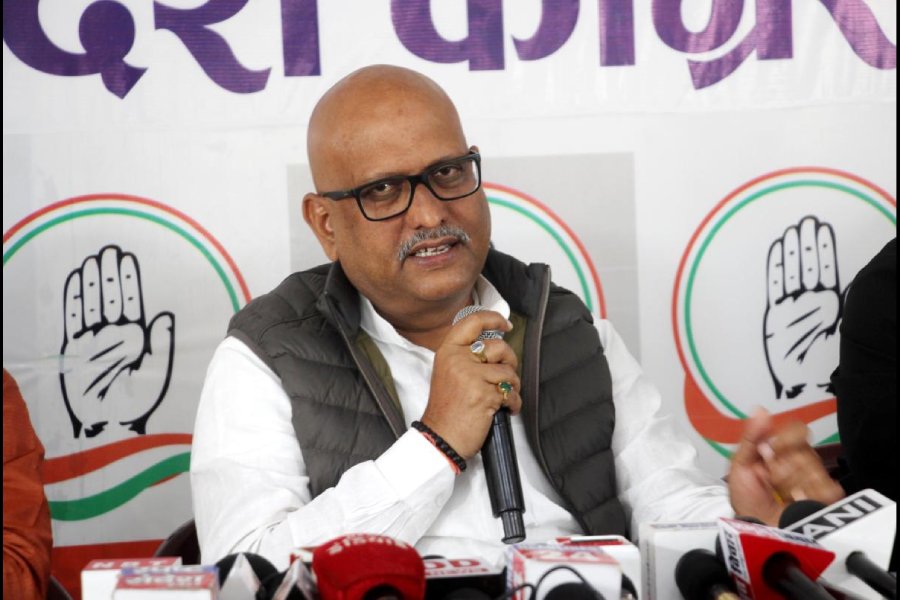A Reserve Bank of India (RBI) circular on exchange-traded currency derivatives (ETCD) issued in January is causing panic among investors and brokers with some fearing the end of the market where trading began only in 2008-09.
A derivative is a financial contract whose value is entirely “derived” from the value of the underlying asset — which can be securities, commodities, bullion or currency.
The banking regulator, which perhaps wanted to only keep serious players in this market, directed that beginning April 5 participants in currency derivatives will have to show their underlying exposure.
In other words, those who do not have contracted exposure will have to exit their positions by April 4.
According to the RBI, contracted exposure means currency risk arising on account of current or capital account transactions permissible under Fema, 1999 or any rules or regulations made thereunder.
The circular said that for exchange-traded foreign exchange derivative contracts involving the rupee, recognized stock exchange shall ensure that "the user is allowed to take positions (long or short), without having to establish the existence of underlying exposure, up to a single limit of $100 million equivalent across all currency pairs involving the rupee, put together, and combined across all recognised stock exchanges’’.
However, the subsequent paragraph added, "recognized stock exchanges shall inform users that while they are not required to establish the existence of underlying exposure, they must ensure the existence of a valid underlying contracted exposure which has not been hedged using any other derivative contract and should be in a position to establish the same, if required’’.
Observers fear that this will kill the market and it will only encourage the over-the-counter market where pricing could be a casualty.
"The RBI simply does not know what it has done. In one stroke it has killed the market. It will result in only the flourishing of the OTC market. We have been raising this issue with the exchanges but it was also sleeping,’’ a broker who did not wish to be identified told The Telegraph.
Zerodha told its clients from hereon traders need to have exposure to the underlying currency to trade in currency derivatives on the stock exchange.
It added that if a trader has an exposure greater than $100 million they will be required to appoint a custodian participant or an authorised dealer.
However, for participants with a smaller exposure, a declaration that they are trading currencies to hedge their contracted exposure will suffice.
“If the declaration is not provided, you will not be allowed to take any fresh positions in the currency segment from April 4, but you will be able to exit your existing positions,’’ it added.
“I have said this before, regulatory risk is by far the biggest risk for stock brokers. The RBI has its own reasons for restricting unhedged currency derivatives, but this means the death of currency derivative trading on stock exchanges by retail traders,’’ Nithin Kamath, founder & CEO, Zerodha said on the micro-blogging platform X.
The fear already made its impact felt with volumes (contracts) sharply declining to 87.25 lakh on Wednesday compared with 1.2 crore on Tuesday.










